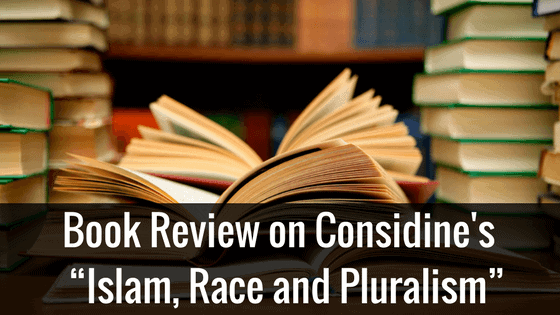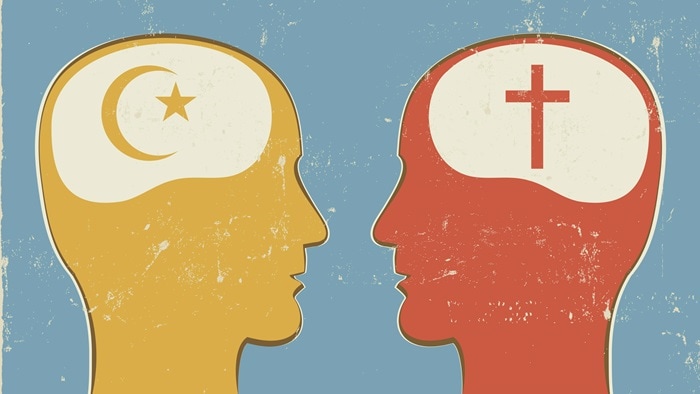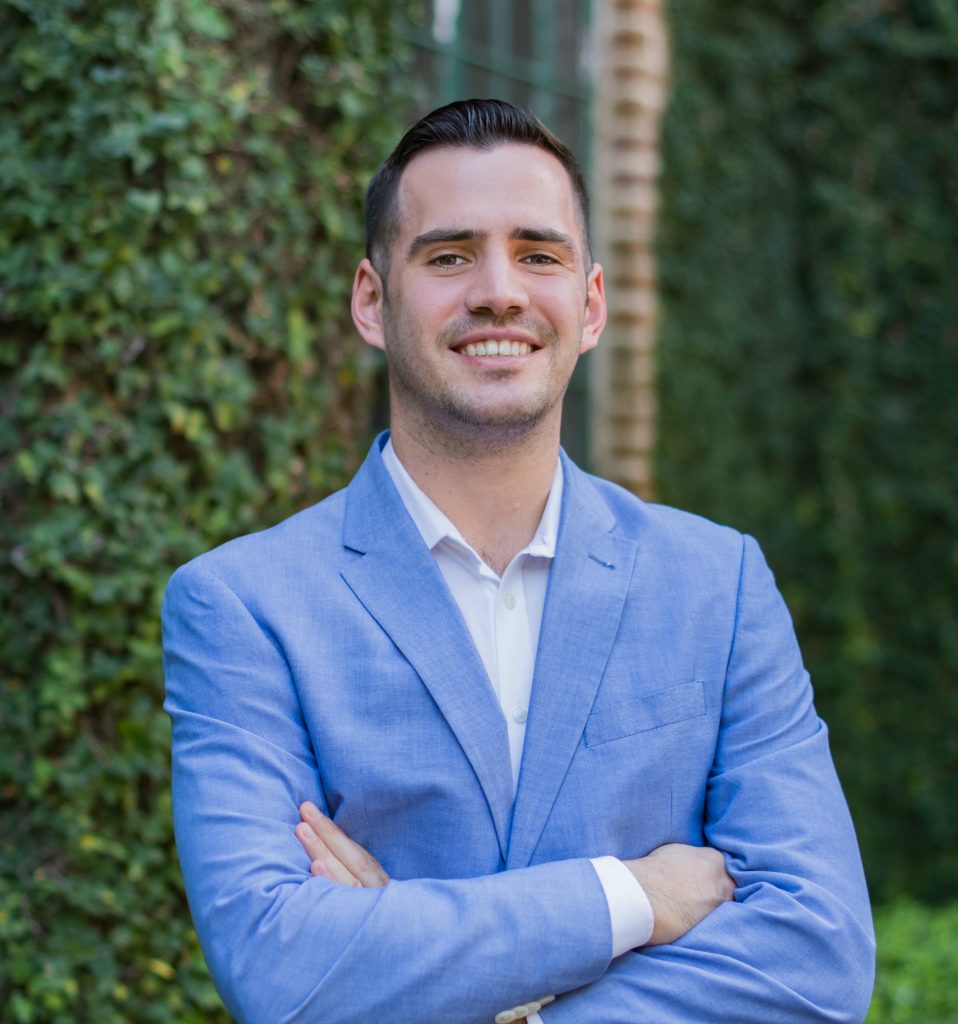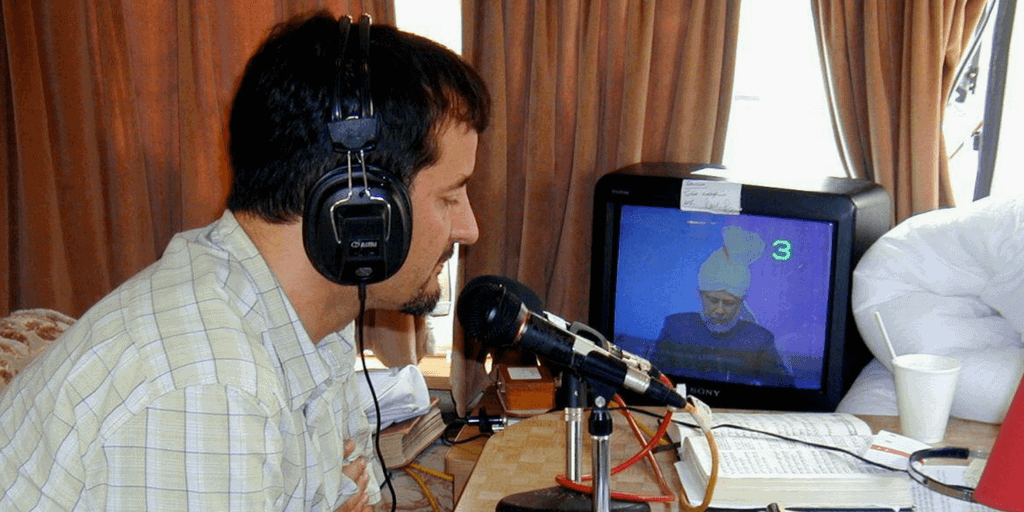An Irish Muslim willing to sacrifice his life for his new country; A second-generation Pakistani in diaspora embodying the American Dream; an Ahmadi emigrating to America due to violent persecution in his previous homeland; a doctor working abroad to provide for his family thousands of miles away.
Craig Considine’s new book, Islam, Race and Pluralism in the Pakistani Diaspora is composed of many individual stories which weave together to form a beautiful illustration of the dangers of stereotyping and the nature of belonging. Having interviewed numerous Pakistanis living in the West, Considine tells their tales. This is an exploration into the human psyche, a journey into the minds and hearts of individuals outcasted due to their beliefs, skin colour and nationality.
The stories told are powerful, sometimes heartbreaking, but it is the unifying and beautiful ones that glow above the rest, providing islands of hope and optimism amidst the seemingly vast oceans of divisiveness and fear. Babar and Patrick, two friends who in their respective faiths see commonalities rather than divisions, visit each other’s places of worship. Reflecting upon his visit to Patrick’s church, Babar tells Considine:
“I don’t need to repeat what they’re saying. It’s important to just be part of them. Out of respect.”
In our current age of paranoia, in which we have become sadly programmed to irrationally fear Muslims based on the abhorrent actions of a few, Considine’s book is a must-read. It gives a unique insight into the Pakistani Western experience, painting a balanced picture of the beauties and struggles that such individuals face. This is a book about Islam written by a Catholic with a passion for humanitarianism and religious tolerance, and its content emphatically serves to build bridges rather than burn them. It is an invitation to attempt to understand the communities who are most vulnerable to demonization and persecution, the minorities who are most affected whenever a Muslim commits a terrorist attack.
At its core, Considine’s book asks the reader to reflect on the true meaning of identity. Are we determined by where we live, where we have come from, or from where our principles and behaviours are forged? How must it feel to live as part of a minority group within the West, in which one feels ostracised by the media, viewed with suspicion by the natives, and demonised by your own group for identifying as a particular sexual orientation, or as a non-Muslim, or as the ‘wrong’ type of Muslim? Where is it that we as individuals truly belong? In modern times, as Considine beautifully demonstrates, all too many feel alienated by elements of Western culture they dislike, yet united by the religious tolerance and freedoms that the society offers. Often, they feel connected to the world around them, under the bustling city lights, yet alone and insecure in their own selves. They feel as though they belong everywhere and yet nowhere.
Most of all, just like the rest of us, the vast majority of these immigrants too feel a yearning for a peaceful, pluralistic society free from prejudice or intolerance.
Considine invites us to a world of ‘unity in faith that transcends ideas of rigid group boundaries and identity constructs.’
Such a world is possible, he urges, and this book paves a path to achieving such a goal—by helping us understand the hopes, dreams and commonalities we all share.
You can buy Dr. Considine’s book here.
Dr. Craig Considine is a Catholic American of Irish and Italian descent. Considine is currently a faculty member in the Department of Sociology at Rice University.












